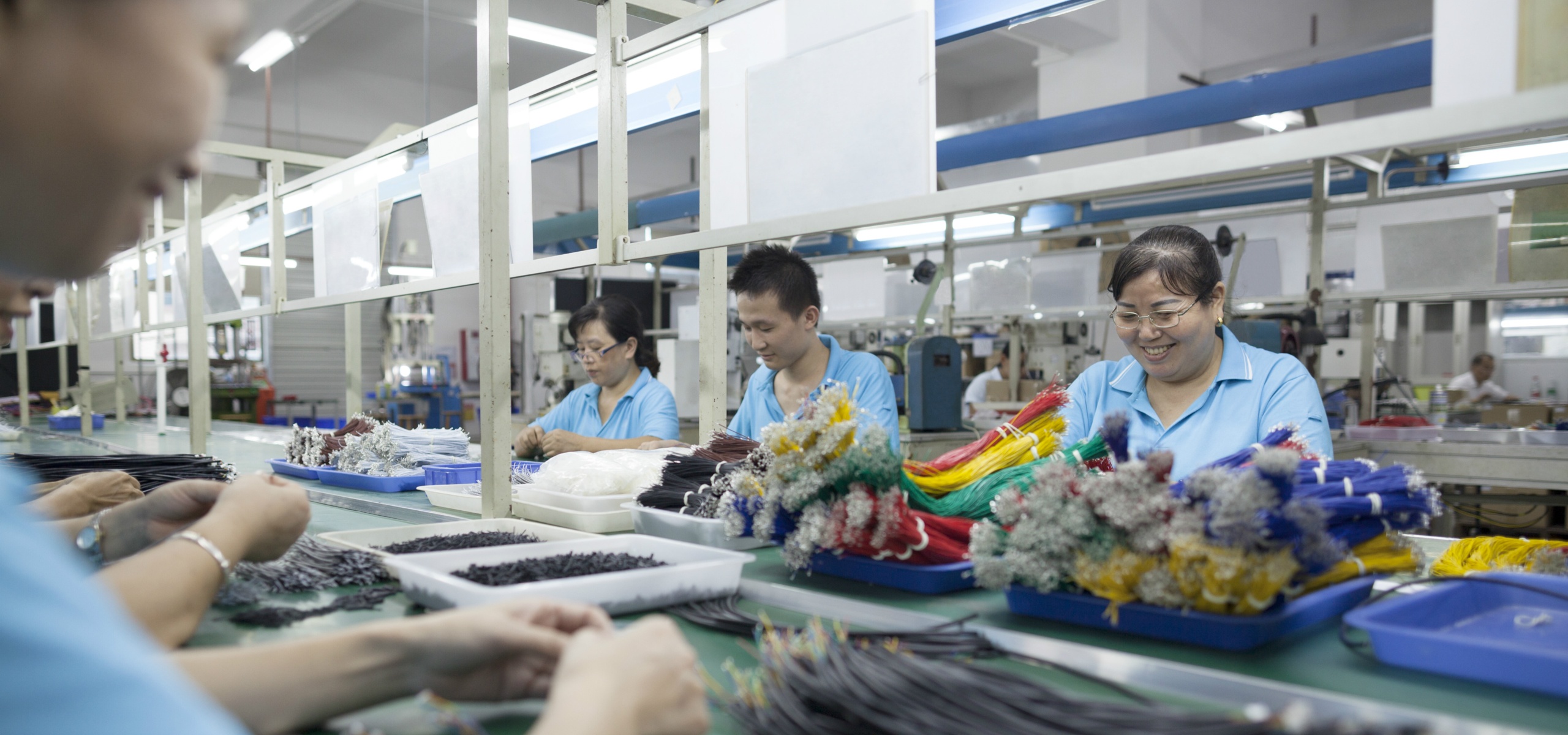American University Washington College of Law Professor David Snyder co-authors this report and the model contract clauses that it contains in an effort to help companies provide legally effective and operationally likely human rights protections for workers in international supply chains. The report is the product of the Working Group to Draft Human Rights Protections in International Supply Contracts, which is a unit of the American Bar Association Business Law Section. After identifying the problems, such as human trafficking and factory collapses as well as developing compliance obligations under federal, state, and foreign law, the report explains the difficulty of drafting legally effective clauses. Most of the issues result from the focus of established sales law on the conformity of the goods themselves rather than on the conditions under which the goods are made. Other issues stem from the tension between default remedies under sales law and the remedies that buyers and non-parties would prefer in the context of forced labor or other human rights violations. Accordingly, many clauses focus on warranty and remedies issues. In addition, disclaimers attempt to manage company risk by addressing theories of liability advanced in litigation (e.g., undertaking liability, peculiar risk doctrine, and third party beneficiaries). The contract clauses are drafted in the alternative so that they should work under the Uniform Commercial Code (UCC), as it is in effect in most of the US, and under the UN Convention on Contracts for the International Sale of Goods (CISG), which applies to many international sales of goods. Extensive annotations based on legal research explain the drafting choices made.
David Snyder October 16, 2018
